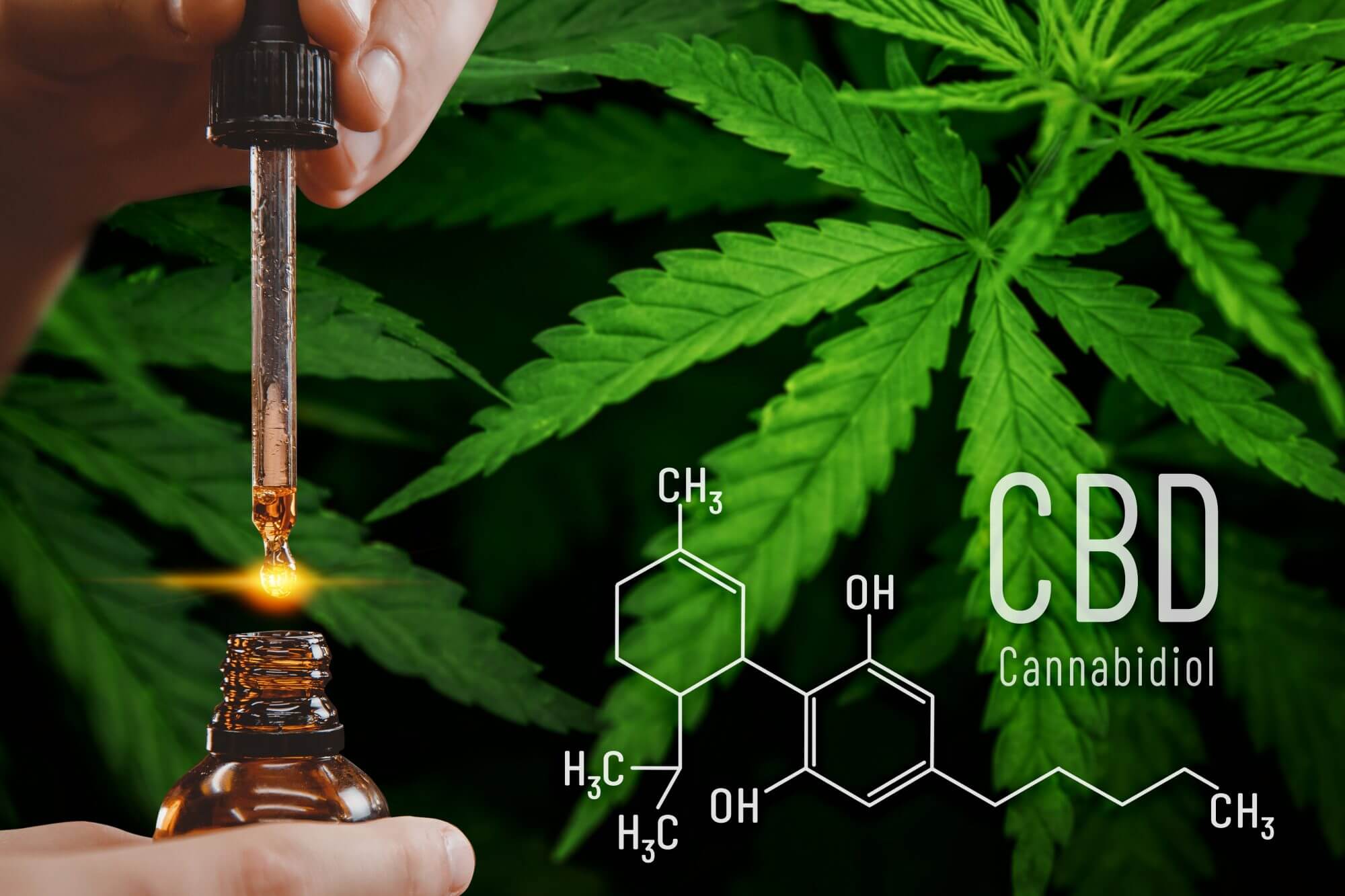Marijuana vs. Conventional Medicine: A Fresh Era of Healing
Recently, the conversation surrounding cannabis and CBD products has changed significantly, moving from the margins of society into the mainstream. As more research reveals the therapeutic benefits of these substances, patients and medical experts alike are beginning to explore the multiple benefits they offer in contrast with conventional medicine. This evolving viewpoint is giving rise to a new era of healing, where cannabis is seen not just as a recreational substance, but as a legitimate treatment option for a range of conditions.
The interest in cannabis and CBD products is fueled by anecdotal evidence and scientific studies that highlight their efficacy in alleviating conditions ranging from persistent pain and anxiety to seizures and insomnia. Many individuals are seeking alternative methods for managing their health, driven by the desire for natural remedies that may provide comfort without the side effects often associated with traditional pharmaceuticals. As we explore this issue further, it becomes clear that the promise for cannabis and CBD products in modern healthcare is both promising and revolutionary.
Grasping Marijuana and Cannabidiol
Marijuana is a plant that has been used for thousands of years for its healing and recreational properties. It features various chemical compounds known as cannabinoid compounds, with the two most recognized being tetrahydrocannabinol (THC) and cannabidiol. THC is the intoxicating component that produces a “high,” while CBD is non-psychoactive and is often pursued for its possible health benefits without the high effects. This distinction has led to a growing interest in CBD products among customers looking for natural alternatives to conventional treatments.
CBD products have gained significant popularity in the last years, largely due to persistent research and anecdotal evidence suggesting their success for a variety of conditions. Users often describe ease from chronic pain, anxiety, and inflammation, among other wellness concerns. As policies around cannabis and CBD are becoming more supportive, more people are trying these options, attracted by the prospect of integrated healing without the side effects commonly associated with traditional drugs.
The therapeutic capability of cannabis and CBD products is still being researched, but preliminary findings show potential in areas like epilepsy care, pain management, and mental health support. Many individuals are turning to these natural alternatives to complement their existing medical regimens or as substitutes to medications that may carry unwanted side effects. As knowledge of the advantages of cannabis and CBD continues to develop, it marks the beginning of a new era in the perspective to health and wellness.
Comparative Efficacy: Marijuana vs. Conventional Medicine
Cannabis and CBD products have gained significant attention as substitutes or complements to traditional medicine, especially in the field of discomfort management and long-term illness treatment. Many patients report that cannabis offers relief from conditions such as joint pain, headaches, and nerve pain, often with less adverse effects than traditional medications. The inherent anti-inflammatory properties of cannabis compounds can help diminish inflammation and discomfort, making them an attractive option for those seeking a comprehensive approach to discomfort relief.
Additionally, marijuana has shown potential in managing issues associated with psychological disorders, such as nervousness and depression. While conventional drugs often come with a series of side effects, including weight gain and fatigue, many patients have experienced that cannabis helps ease their symptoms without the burdensome side effects. The ability of CBD to connect with the body’s cannabinoid receptors contributes to its possible effectiveness, leading to a growing interest in cannabinoid-based therapies for psychological support.
Additionally, emerging research suggests that cannabis products may be helpful for patients undergoing cancer treatment or dealing with end-stage illnesses. Nausea-reducing and hunger-inducing effects of cannabinoids can help enhance the quality of life for those experiencing severe adverse effects from conventional treatments. As more research highlight the possible health benefits of marijuana and CBD products, patients and healthcare providers are beginning to explore these alternatives alongside conventional methods, creating a fresh approach in effective healing techniques.
Legal and Ethical and Considerations

The lawful landscape surrounding cannabis & CBD products varies considerably across different regions & countries. As more jurisdictions acknowledge the possible benefits of these products, the legal framework is changing. In some areas, cannabis remains highly regulated, while CBD is more widely accepted due to its non-psychoactive nature. Individuals interested in exploring these options must be informed of regional laws & regulations to avoid legal repercussions & ensure secure use.
Ethical considerations also play a critical role in the discussion of cannabis and CBD products. As the medical community growingly acknowledges the therapeutic potential of these substances, healthcare providers face the challenge of integrating them into existing treatment protocols. Ethical questions arise regarding the advertising & marketing of cannabis products, particularly about their efficacy and safety. Transparent communication and education are essential to address these issues & ensure that patients make educated choices.
Furthermore, the stigma of cannabis use still persists, impacting public perception & acceptance of these items in mainstream medicine. Advocates contend that removing myths & leveraging research can help normalize cannabis & CBD as legitimate therapeutic alternatives. While society moves towards understanding and acceptance, fostering open dialogue about legal and ethical implications will be crucial in shaping a future where these products are smoothly integrated into healthcare practices.